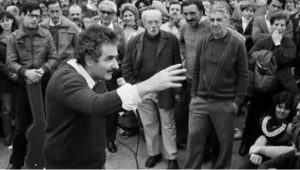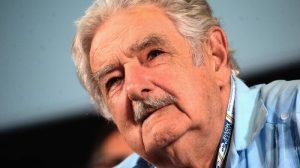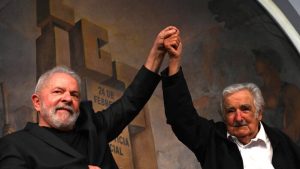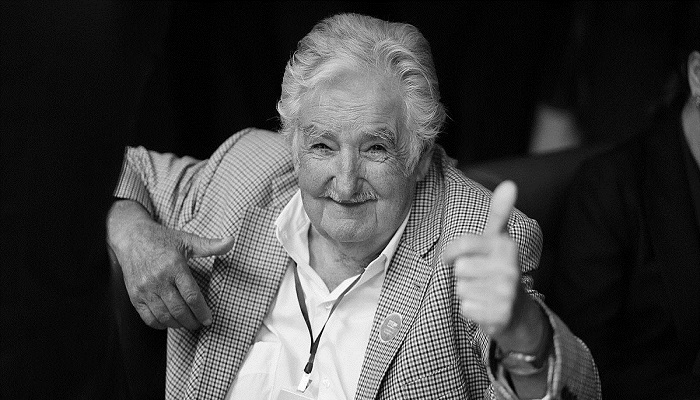PNN – Former Uruguayan President José Pepe Mujica died a few hours ago (May 13) at the age of 89, but his simplicity of life, commitment to social struggle, and democracy made him one of the most beloved and respected leaders in Latin America, who will forever be immortalized in the historical memory of this region and the world.
“One of the misfortunes of politics is that it has abandoned the realm of philosophy and has become too much of a purely economic manual. It is not that economics is unimportant, but that one must at some point ask oneself these questions: Where is humanity going? What is the future? What is our responsibility to life?”
These phrases are among the comments made by José Pepe Mujica, former President of Uruguay (2010-2015), who died a few hours ago at the age of 89 after enduring a period of illness.
Known as the “poorest president in the world” and the “philosopher president,” he was born on May 20, 1935, in Montevideo, Uruguay, and from a young age witnessed the inequalities that affected his country, which led him to enter political activism.
He rose to prominence in the 1960s when he joined the Tupamaros National Liberation Movement (MLN-T), a guerrilla organization that opposed dictatorship and repression in Uruguay. During his time with the Tupamaros, he participated in various armed operations that led to numerous arrests and nearly 15 years in prison, much of it spent in harsh conditions, including long periods of solitary confinement.

Mujica always said in describing those years of imprisonment and suffering: After the death penalty, loneliness is one of the most severe punishments.
After the restoration of democracy in Uruguay in 1985, Mujica laid down his arms to join the formal arena of politics.
He was elected as a congressman in 1994, as a senator in 1999, and finally as President of Uruguay in 2009, a position he held from 2010 to 2015.
As president, Mujica implemented progressive policies that elevated Uruguay on the international stage, but what truly distinguished him was his strict, austere lifestyle and avoidance of the luxuries of power.

Mujica avoided moving into the presidential residence during his presidency and continued to live on his modest farm on the outskirts of Montevideo; he drove his old Volkswagen Beetle and donated most of his presidential salary to charity.
During his presidency, Uruguay experienced an average annual economic growth of 5.4%, accompanied by a significant reduction in poverty and low unemployment.
Pepe Mujica, during and after his presidency, was a prominent figure in Uruguayan politics, advocating for a united Latin America. During his presidency, Mujica adopted a foreign policy course that reflected pragmatism and a move away from ideological extremes.
At the regional level, Mujica expressed his preference for the model of convergence and development promoted by Lula da Silva in Brazil, while sharing the values of the Latin American left. He was a tireless advocate of Latin American integration, always emphasizing that, faced with an increasingly uncertain world characterized by deep inequalities, only a united Latin America could make its voice heard and protect the interests of its citizens.

Despite being the president of a small country like Uruguay, Mujica was able to attract international attention due to his inherent authenticity, which contrasted with the image of many world leaders.
During his term in office, he was repeatedly praised for his slogans on equality and the fight against consumerism, and his speech at the United Nations General Assembly in 2013 was a turning point. In that speech, Mujica openly criticized the global economic model, excessive consumerism, and neglect of the environment.
In his latest interview with The New York Times, Mujica said: There is only one life and it passes. We must give meaning to life. We must fight for human happiness and not just for wealth.

